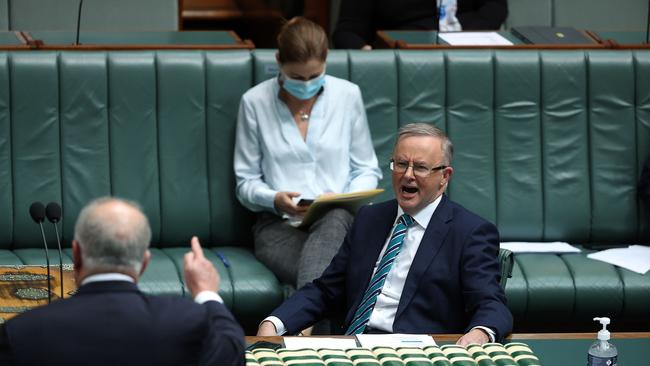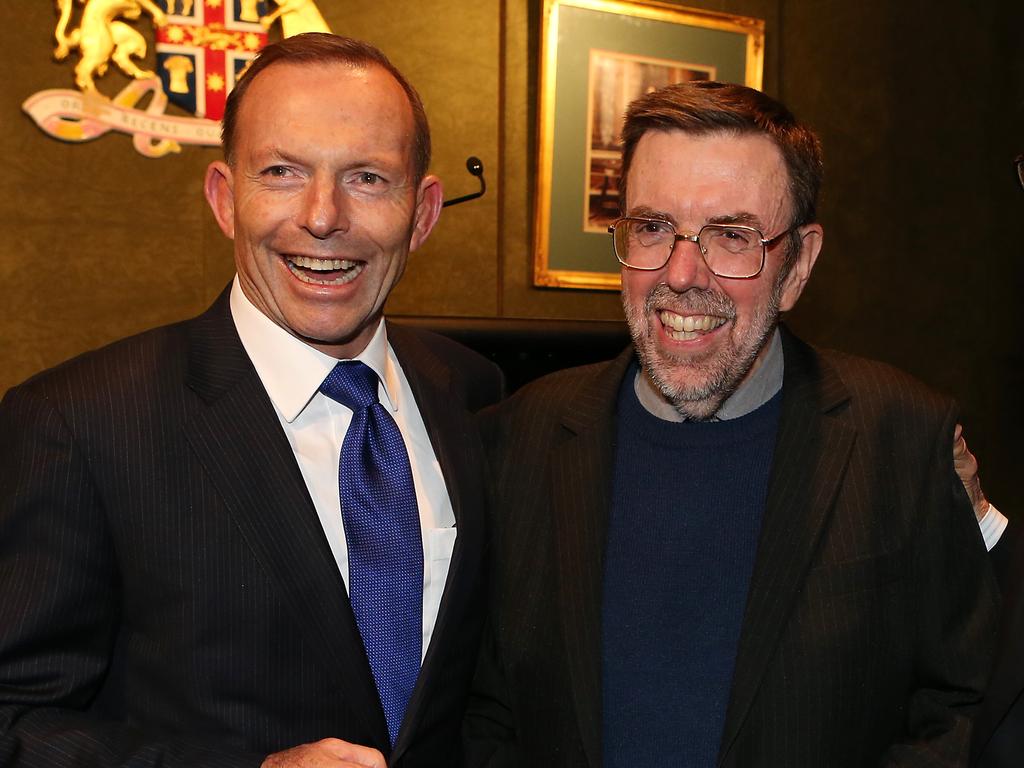Politics is failing. Can Catholic principles show the way?
Australia is dissolving into identity politics and isolation. This might be the remedy.

It comes as no surprise to hear that Australian politics is not short of problems at the moment. What is more surprising is to hear that Catholic policy solutions might be what the moment requires.
Australian political life is dominated by three broad approaches to public policymaking: liberalism, conservatism, and social democracy. Although the principles of Catholic social teaching resonate with aspects of each of these, they also offer a basis for providing a critique of all three approaches. More than that, however, the principles are themselves a resource that can help shape public policy in Australia.
Catholic social teaching emerged in response to the economic, social, and political upheaval of the 18th and 19th centuries. Pope Leo XIII’s 1891 encyclical, Rerum novarum, marked a new undertaking for the Catholic Church. If the liberals insisted that economics ought to have the final say in the organisation of the society, the socialists proclaimed the sovereignty of the collective state, and the reactionary conservatives claimed that nothing needed to change at all, Rerum novarum declared that the social question could only be answered by the free co-operation of all parties in society to act in the common good.
Catholic social teaching came to have an impact on Australian industrial relations, most notably in the landmark Harvester Case of 1907, in which Justice Henry Bournes Higgins, no Catholic but clearly influenced by Rerum novarum, adjudicated on what would constitute “fair and reasonable” wages.

The application of Catholic social teaching to public policymaking is not the same thing as the enforcement of all aspects of Catholic teaching, such as its teachings on revelation and theology in Australian politics and society. It does not mean theocracy. Any purchase it may have depends instead on discussion and persuasion. As a result, a society that adopts the principles of Catholic social teaching can quite legitimately be one that makes room for people who do not observe Catholic teaching in other aspects of their lives.
In Catholic social teaching, human institutions and traditions are affirmed, protected, and set towards the service of human dignity and participation in society. All of this is captured by four fundamental principles: the dignity of the human person, the common good, subsidiarity, and solidarity.
Catholic social teaching argues that there is more to the just organisation of society than adequate economic management and freedom of choice.
In the last 30 years, it has become increasingly challenging to determine what principles motivate policy in Australian politics. The existing disconnect between principles and policy makes it hard to deduce whether any cohesive framework of principles still underpins Australian public policymaking. Whatever good might come from contrasting our most influential political traditions, there is little point if we cannot identify the fundamental principles that shape their approaches to policymaking.
Australian politics has been more likely to be informed by a kind of disconnected pragmatism than by a framework of principles. At its best, transactional politics is at least responsive to a general impression of what we want a given policy to achieve. However, at its worst, this often amounts to little more than a trade-off between a politician and special interest groups, one that exchanges votes and political support for a different shuffling of resources.
Since 1990, in addition to the prevalence of transactional pragmatism in our public policy, Australian society has seen a pronounced weakening in shared values and mutual obligation. The sense in which citizens recognise their part in contributing to the good of every other Australian is dissolving into identity politics and isolation.
Part of the difficulty in assembling a framework of principles for formulating public policy lies in addressing the apparent conflicts of values. At first glance, applying the principles of Catholic social teaching would appear to hold the same difficulties.
How can policymakers reconcile the principle of subsidiarity with the state’s role in ensuring the common good? How can the emphasis on the good of the individual human being be applied at the same time as the principle of solidarity, which calls for the recognition of the good of the community? Part of the genius of Catholic social teaching, however, is its ability to hold its principles in creative tension, a capacity notably underrated in Australian political discourse, with its obsession with “winning” and “losing”, despite the fact that it is intrinsic to such Australian constitutional staples as responsible government and federalism. For example, Catholic social teaching approaches the tricky balance between localising decision-making and the need for national schemes for healthcare or education by emphasising both subsidiarity and solidarity. These two principles, when left in creative tension, can move a society towards the inherent good in attempting to localise decision-making while also recognising the inherent good of the resources of the nation being employed for common benefit.
Even transactional politics can identify solutions that a great majority of us would agree ought to be “winners”. The trade-offs between policymakers and interest groups can lead to some net wins for society. And yet, these approaches will always promote one principle to the exclusion of others. This is what devalues a robust concept like the common good into “the greatest good for the greatest number” or subsidiarity into anti-government interference. What this means is that policymaking will tend towards solutions that either advance one value to the exclusion of all others, like an ideology, or try to meld together a policy that appeases any number of competing ideologies, like transactional politics.
For these reasons, the cohesive framework of principles behind Catholic social teaching serves as a unique kind of approach to public policymaking. Not only has Catholic social teaching strongly defined and developed principles, but it holds them in a creative tension that does not diminish their potency. Working within the framework of this tradition means that, instead of picking winners and losers or selecting what principles would work the best for a given issue, we can find a solution that meets all of the requirements of a just society. It allows policymaking to be shaped by well thought out principles that allow us to build a deeper understanding of what needs lie behind Australia’s most pressing political issues.
These are edited extracts from former Australian Catholic University vice-chancellor Greg Craven’s new book Shadow of the Cross published by Connor Court. Out now.



